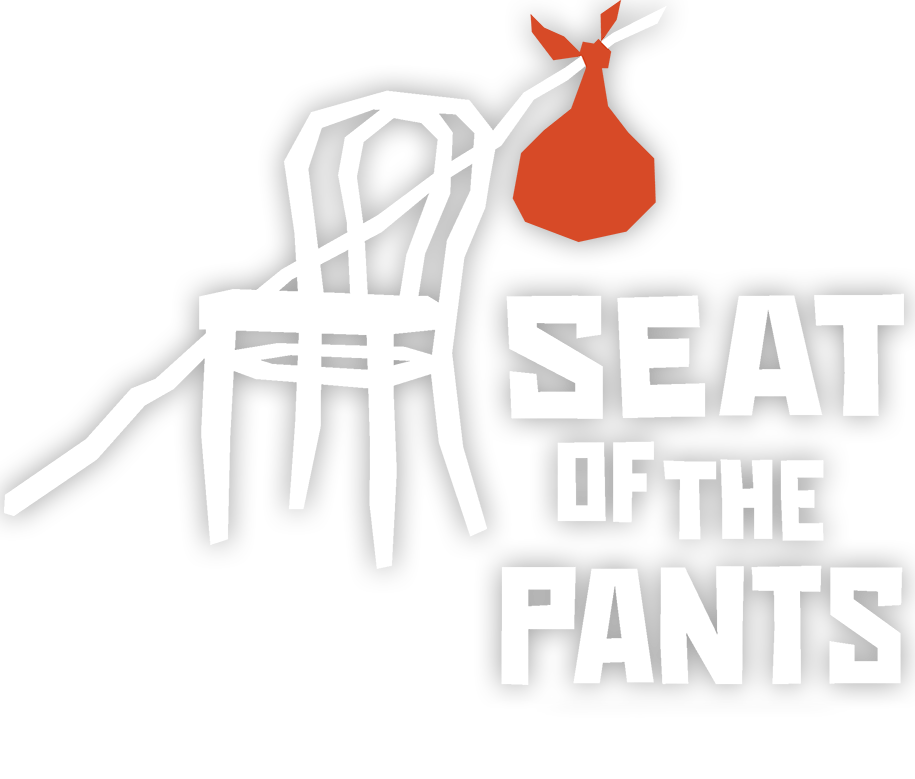CONNECTING WITH THE VOICE: BRETT RADKE
How does the actor’s voice connect with their body when working on a character that requires a way of speaking that is different from the actor?
Professionally, I identify as an actor and an educator. When I’m not performing, I teach Voice and Speech at several actor training programs and universities in New York City. I have spent the past few years training in both the Michael Chekhov Technique through the Great Lakes Michael Chekhov Consortium, as well as working towards my designation in Kristin Linklater’s voice work. Kristin Linklater’s work aims to free the actors' voice from unnecessary habitual tension in order to open up the full range of human expressivity. The work is psycho-physical, exploring the social, cultural, physical, emotional, and psychological experiences that shape the way we speak. Similarly, the Chekhov work is also psycho-physical, connecting the actor’s psyche with their body. They are a brilliant pair.
So back to the question at hand… How does the actor’s voice connect with their body when working on a character that requires a way of speaking that is different from the actor?
We are lucky enough to have a voice and dialect coach to guide us on our way: Charles Richie. Charles has helped guide us in finding our character’s ways of speaking. When considering a character’s way of speaking, we are researching the personal, professional, philosophical, political, and psychological elements of our characters. These elements shape who they are and how they express themselves. As we are connecting the Michael Chekhov Technique to our characters and scene work, I am finding more vocal freedom, specificity, and cross pollination between the Chekhov, Linklater, and dialect work.
In Our Country’s Good, I play two characters: Robert Sideway and David Collins, both of whom are based on real people with different dialect needs. After researching each of these characters, we have determined that Sideway speaks in a Cockney dialect, while Collins speaks in an “Educated” Received Pronunciation dialect. These two ways of speaking feel very different from one another and offer a way into the humanity of the character. In our exploration, Cockney feels broad, guttural, and muscular. The cadence feels almost like the Quality of Movement of Molding. “Educated” Received Pronunciation (meaning the “rules” of speech are very important to my character) feels tight, lifted, and forward. The cadence feels almost like the Quality of Movement of Flying. Additionally, I am finding that Sideway leads from his Feeling center, while Collins leads from his Thinking center, both of which influence where these characters speak from… the heart (Sideway) vs. the head (Collins).
In one of our rehearsals, Charles took us through one of Kristin Linklater’s classic exercises, the Vowel Ladder. The Vowel Ladder is a “quick energizing warm-up of vowels and consonants in the body… Each sound will be aimed at a different part of your body and your interest should be to let each sound arouse whatever energy, mood, feeling or emotion it wants from you, activating the body into movement as it goes through you.” (Linklater, Freeing Shakespeare’s Voice, p. 23) When applying this to my characters’ ways of speaking, I am exploring what sounds and resonators offer ways into character and dialect. If Sideway is more feeling/heart oriented, perhaps he lives in the warmth of the lower resonators at the bottom rungs of the Vowel Ladder (ZOO, WOH, SHAW, MAH). If Collins is more thinking/head oriented, he might be a blend of the lower resonators with some of the brightness of the upper resonators at the middle and upper rungs of the Vowel Ladder (HUH, FUH, BEH, DEH). It is all an experiment, for now.
We are still in the beginning phases of the exploratory process, and I am luxuriating in the permission to play with the tools we have been given without being result oriented. The Chekhov work, combined with my Linklater training, and the support of our voice and dialect coach, Charles Richie, have offered invaluable tools for accessing the vital humanity of our characters.

